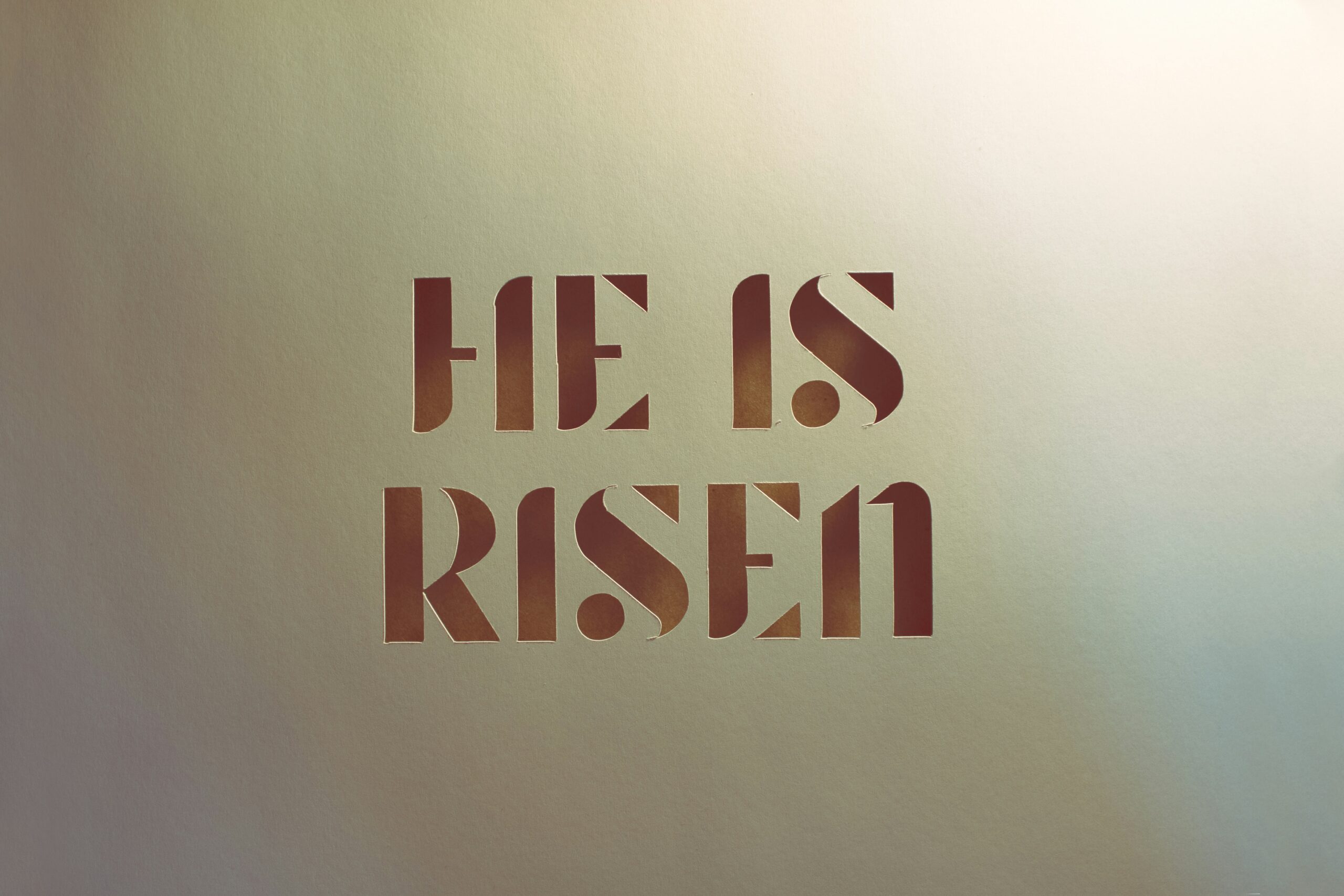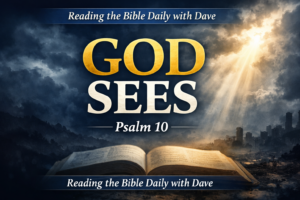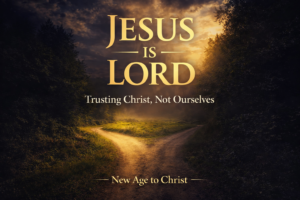⏱️ Estimated Reading Time: 5 min read
In a world that relentlessly champions the new, the novel, and the immediate, the past often feels like an anchor dragging us down. Or so we’re told. Our culture, with its rapid technological advancements and constant push for progress, often subtly—and sometimes overtly—encourages us to forget. “The past is in the past. Let it go,” as the famous words from Disney’s Frozen remind us. In short, in our current cultural context Christians are urged to shed outdated traditions, dismiss historical narratives, and even shrug off the foundational beliefs of entire civilizations. Religion, deemed irrelevant in the face of modern challenges, should be relegated to the dusty archives of history, or so says the zeitgeist.
Yet, as we approach Easter, the heart of Christian faith calls us to participate in the (now counter-cultural) virtue of remembering. This is not a nostalgic clinging to bygone eras, but a dynamic and essential practice that bridges the chasm between the glorious promises of God and the gritty realities of our everyday struggles. At the center of this remembrance stands the crux of history: the death and resurrection of Jesus Christ. Faith, in its truest form, empowers us to actively recall this ultimate act of love and victory, transforming remembrance into a deep depository of hope, strength, and eternal perspective.
The Biblical Imperative to Remember
The Scriptures are replete with calls to remember God’s faithfulness. From the Old Testament accounts of deliverance to the New Testament emphasis on Christ’s sacrifice, remembrance is a central biblical theme. Deuteronomy 8:18 reminds us to “remember the Lord your God,” acknowledging his provision and the enduring nature of his covenant. However, as Easter draws near, our focus narrows on the singular act of remembrance commanded by Jesus Himself in the Lord’s Supper: “Do this in remembrance of me” (1 Corinthians 11:24-25).
Consider the Israelites in the wilderness. Their forgetfulness of God’s past sovereign intervention led to doubt in their present trials and divine discipline by the Lord. Similarly, as Christians without actively remembering the sacrifice and triumph of Christ, which ought to be on full display come Easter morning, we risk allowing our current struggles to overshadow the ultimate victory won for us at Calvary. Put another way, the cross and the empty tomb are not distant relics; they are the bedrock of Christian hope and the lens through which we understand God’s promises.
The Passover, a powerful Old Testament act of remembrance, was a type of the ultimate deliverance found in Christ. Just as the Israelites remembered their escape from slavery, Christians, especially during the Easter season, are called to remember their liberation from sin and death through Jesus’ sacrifice. This remembrance is not merely historical; it is deeply personal and spiritually formative.
Easter Faith: Remembering Christ’s Victory In Present Trials
The gritty realities of everyday life is precisely where the active remembrance of Christ’s death and resurrection becomes paramount. And how do we do it? What does faith look like, practically? A few examples:
- Diligently Studying Scripture: Engaging deeply with the biblical accounts of the Passion Week, the crucifixion, and the glorious resurrection reminds us of the immense love of God and the definitive victory won over sin and death.
- Reflecting on the Cross and the Empty Tomb: Taking time for personal prayer and reflection on the suffering and sacrifice of Christ, as well as the miracle of his rising, strengthens our understanding of God’s power and our hope in his promises.
- Participating in Corporate Worship: The communal celebration of Easter, with its focus on Christ’s victory, reinforces our faith and connects us to the visible church who remember and rejoice in this uniquely redemptive event.
The Enduring Power of Easter Remembrance
Though there is much to do, most importantly, of course, is to recall all that’s been done. To call to mind the ultimate act of God’s love and power displayed at Easter. Doing so helps us build an unshakable foundation of trust that anchors us amidst life’s storms. Previously I mentioned the gap between God’s promises and our everyday struggles won’t vanish. But faith fueled remembrance of Christ’s death and subsequent triumph provides a glorious bridge. It reminds us that the Jesus—who is himself God (John 1:1)—who conquered death through resurrection is the same God who walks with every Christian today through every trial, offering hope in the face of earthly suffering (Psalm 23:4).
In a culture that often urges us to forget, let us, as Christians, warmly embrace the resounding truth of Christ’s death and resurrection. Let us diligently recall the immense love displayed on the cross and the glorious victory proclaimed from the empty tomb. For in this remembrance, we find not just historical facts, but the very power of God unto salvation (Rom. 1:16) and the ability to bridge the gap between His promises and our present realities.
As we celebrate Easter, let our remembrance fuel an unwavering faith in Christ, knowing that the ultimate victory has already been won, such that His power sustains us today and forevermore.
Grayson P. Walker (M.Div, J.D.) is a freelance consultant, practicing attorney, and member of the Oklahoma Bar Association. He is also a ruling elder in the Presbyterian Church in America, a member of the University of Oklahoma College of Law’s Young Alumni Board, and former chief of staff to Oklahoma Governor J. Kevin Stitt.




